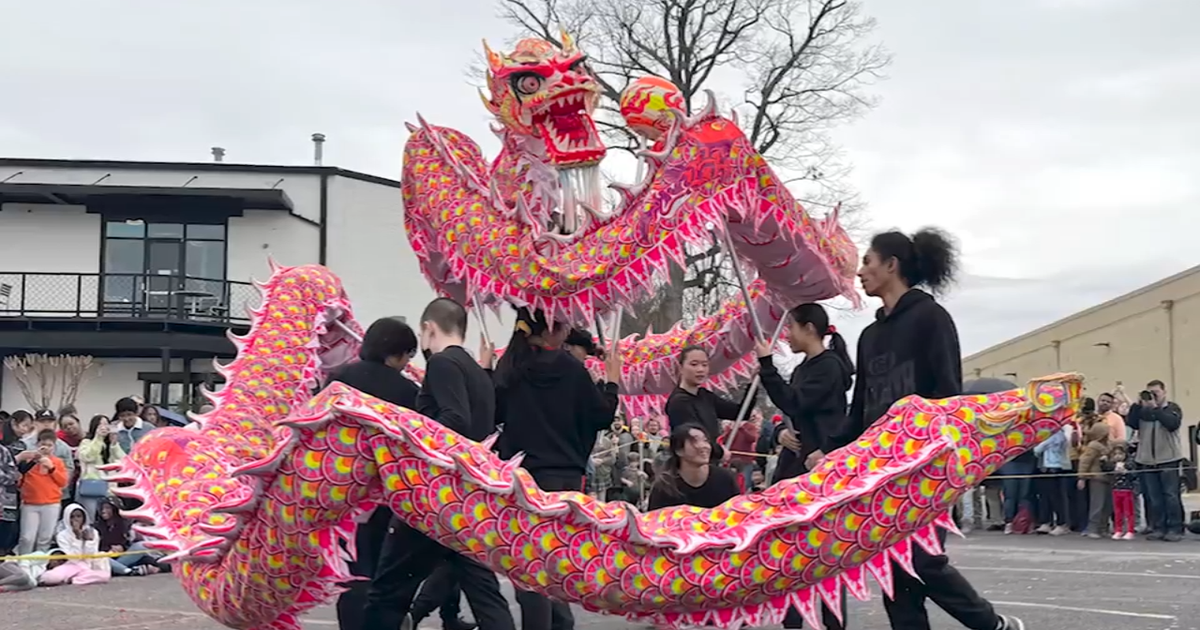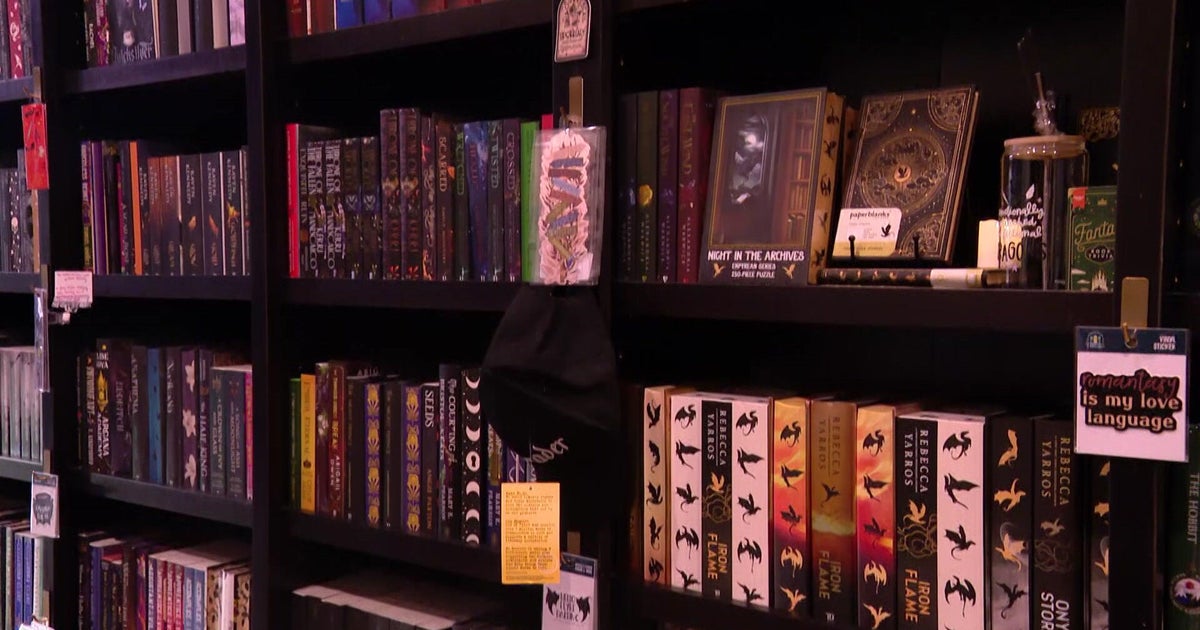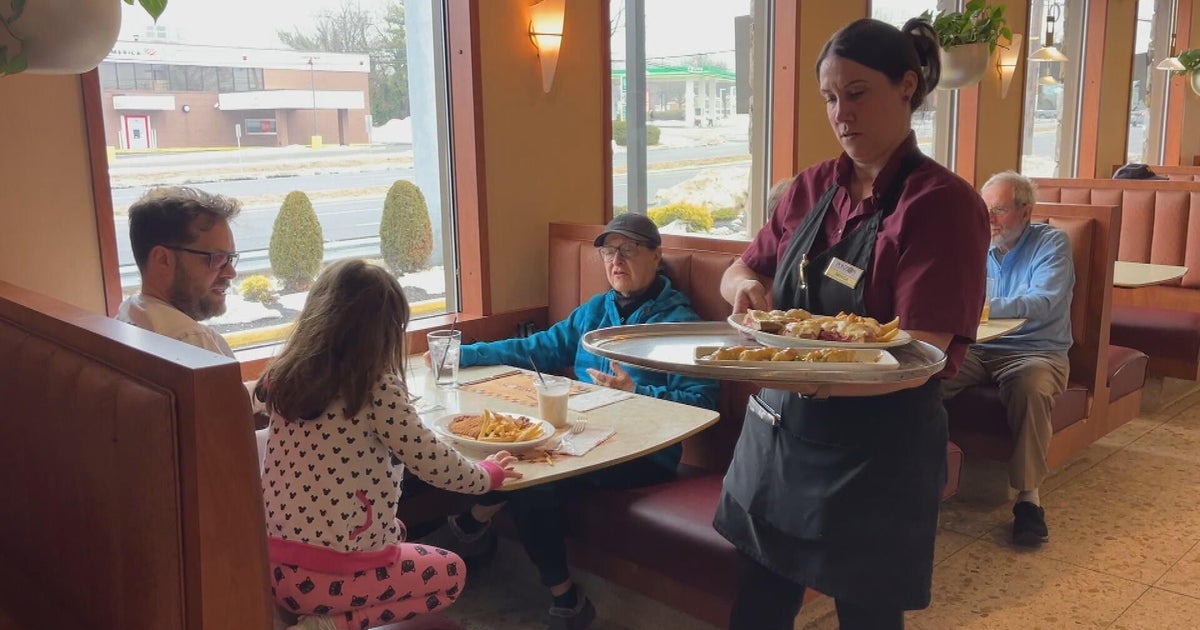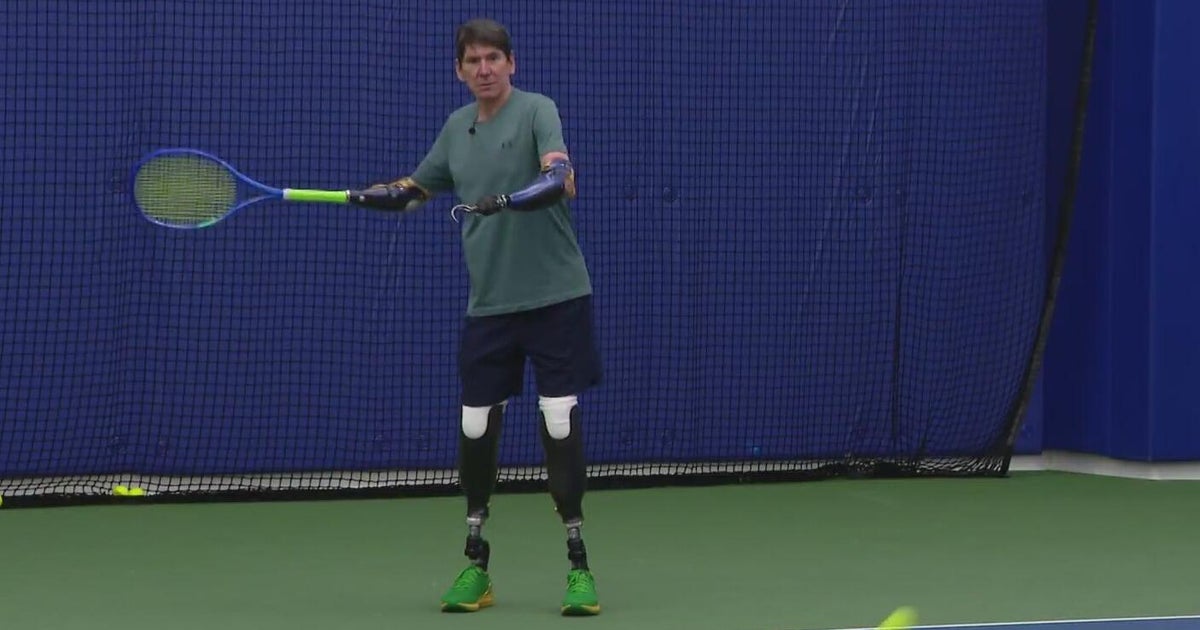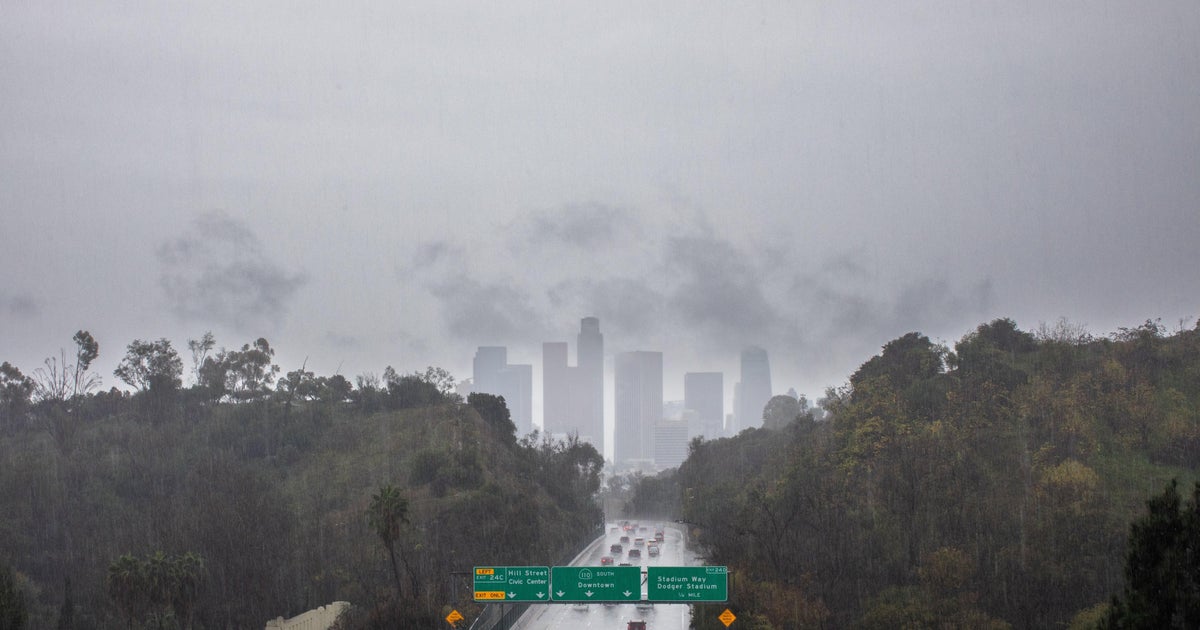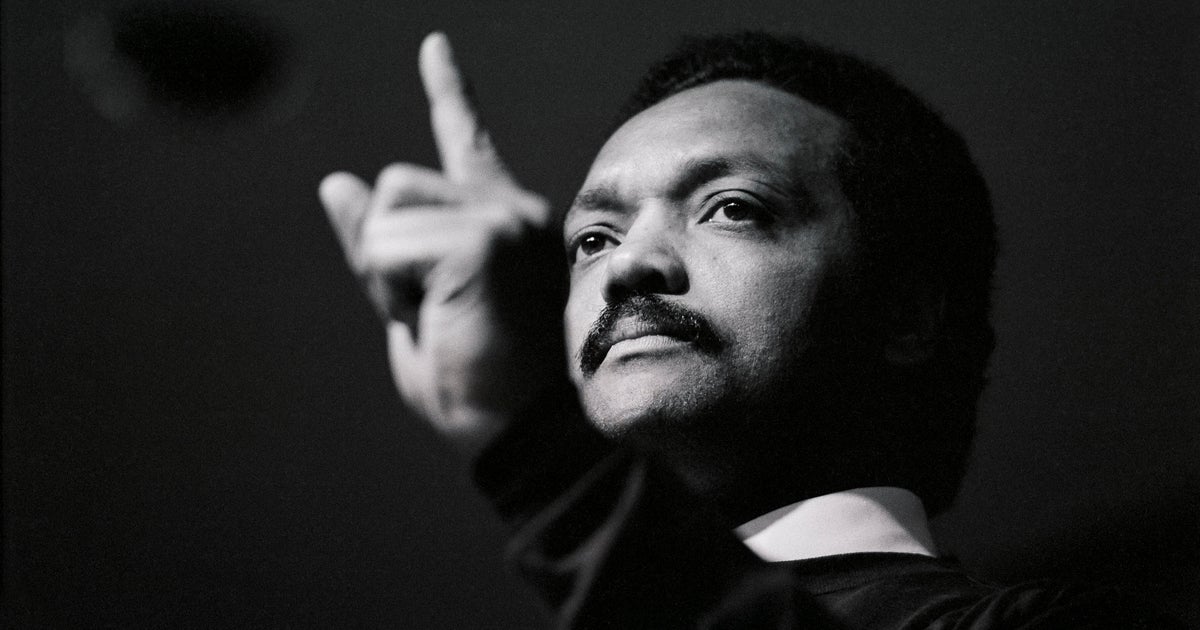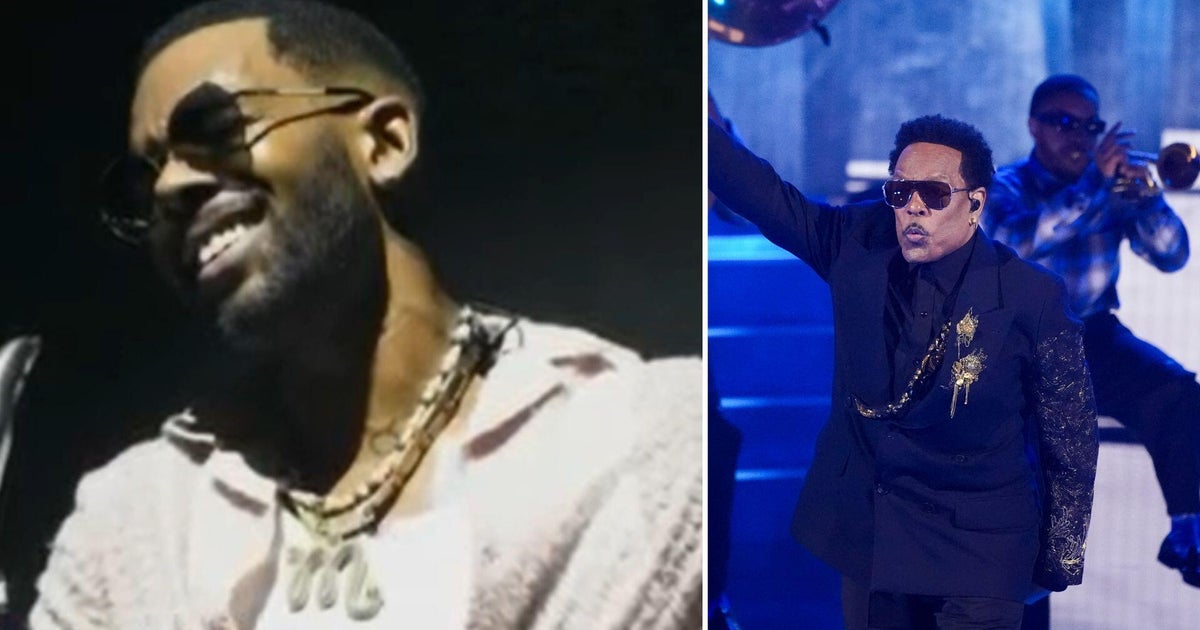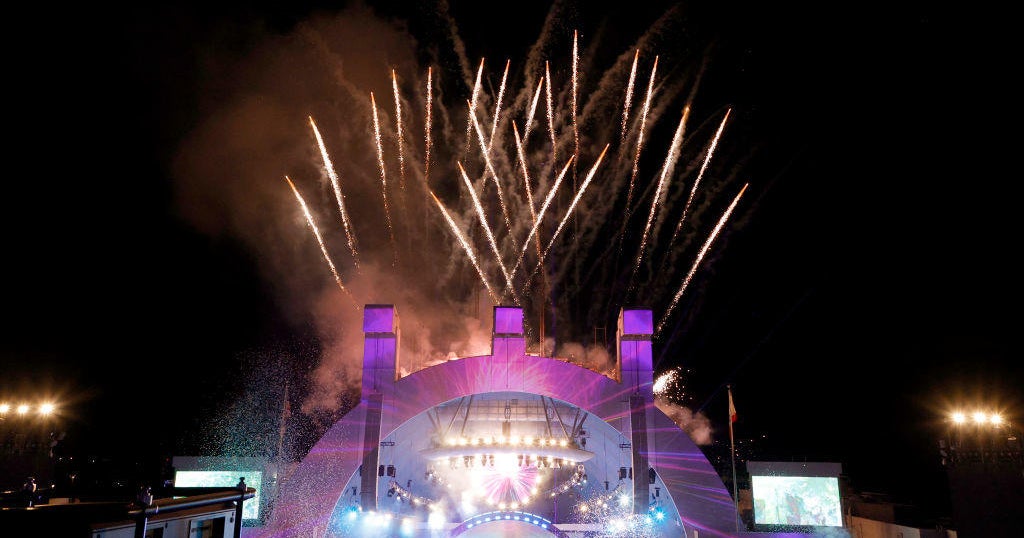Cherry Blossom Festival Marks DC's Pandemic Comeback
WASHINGTON (AP) — The National Cherry Blossom Festival is returning with all its pageantry, hailed as Washington's unofficial re-emergence from two years of pandemic limits and closures.
"This year, more than ever, you really understand why the festival is so important," said Festival President Diana Mayhew. "We recognize that it's more than just a festival. It's about spring and renewal and a sense of new beginnings."
This year's cherry blossom trees will reach peak bloom between March 22 and 25, according to National Park Service estimates. The festival kicks off with a March 20 opening ceremony and runs through April 17, with concerts and other events, including a big parade on Saturday April 9.
The weather isn't exactly cooperating this weekend. Snow and freezing rain are expected. But that shouldn't hurt, said Mike Litterst, Park Service spokesman for the National Mall. Temperatures below 27 degrees can damage the blooms — something that happened in 2017, when a late frost killed about half the blossoms.
Trees in some Washington neighborhoods have begun to blossom, but not around the Tidal Basin — the main focus for tourists and photographers.
"They're still tightly in their buds," said Litterst. "The armor of the buds is protecting the blossoms. Another week or so down the road, if this were to happen, we'd have some major concerns. I think we'll be OK this time."
During a recent even announcing this year's plans, D.C. Mayor Muriel Bowser said, "We want D.C. to be the face of spring for the nation. Let me say, without equivocation, that D.C. is open!"
A similar event two years ago was dominated by questions about whether the festival would happen at all in the face of the steadily advancing COVID-19 virus.
Sure enough, within days, Bowser declared a public health emergency and banned all mass gatherings. Festival organizers spent the month frantically coming up with safe long-distance ways for residents and visitors to enjoy the annual rite of spring, include a live Bloom Cam and virtual video tours.
Local officials resorted to closing down streets and shutting Metro stations in order to keep crowds from gathering at the Tidal Basin to observe the pinkish blooms.
This year marks the 110th anniversary of the original 1912 gift of 3,000 Japanese cherry trees from the mayor of Tokyo. Japan's government remains heavily involved in the festival and regularly replaces about 90 trees per year.
At the event announcing this year's festival schedule, Ryo Kuroishi, public affairs counselor for the Japanese Embassy, joked that, "It feels a little strange to have all these people right in front of me instead of little Zoom squares."
Festival president Mayhew said this year's events will incorporate a hybrid of the traditional and pandemic innovations that were developed over the past two years for those who are still leery of attending large public gatherings or flying in for the event.
Activities like Petal Porches — where residents are encouraged to decorate their own porches in cherry blossom themes and post the pictures online — will be continued. And the popular Bloom Cam will be back. The March 26 kite flying festival on the grounds of the Washington Monument will take place as usual, but residents will also be encouraged to hold their own smaller kite flying events in featured area parks.
"We're spreading it out and being as cautious and health conscious as possible," she said. "There's so many people who want to connect, even if they can't make it."
(© Copyright 2022 The Associated Press. All Rights Reserved. This material may not be published, broadcast, rewritten or redistributed.)
